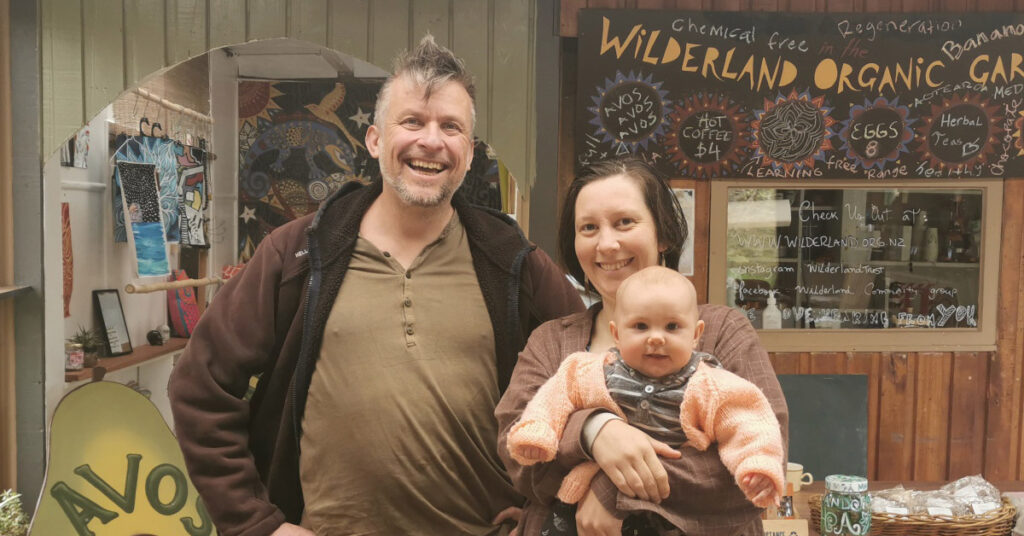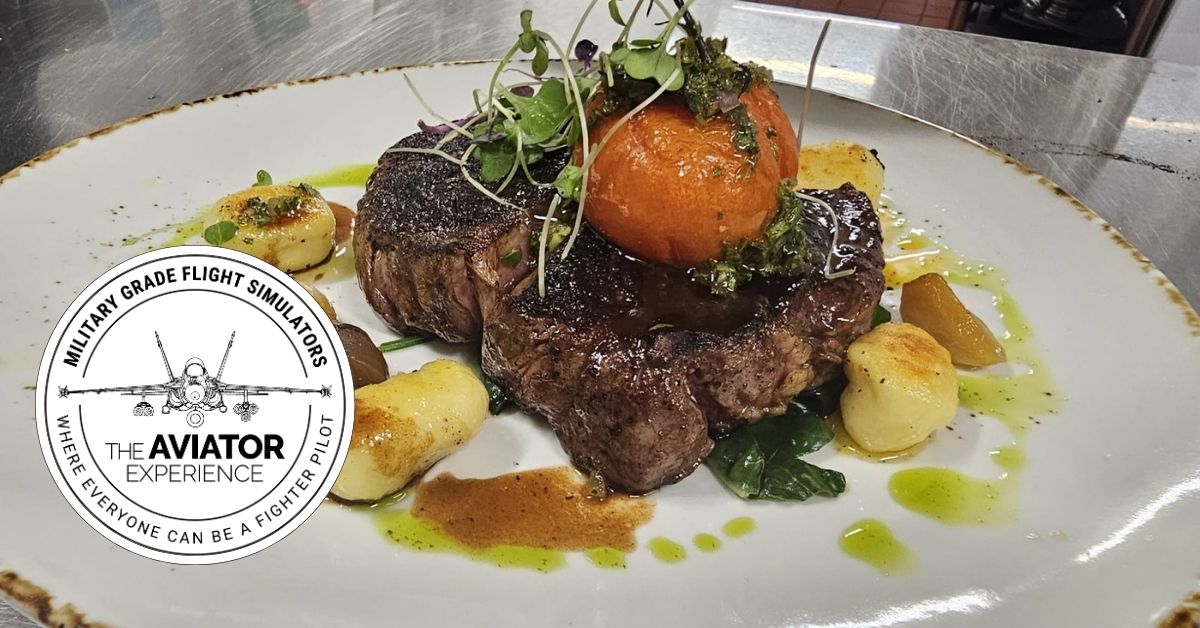
Discovering Wilderland
‘Building a plane while flying it’ best describes the small team at Wilderland Educational Trust who juggle the daily tasks of sustainable living while rebuilding the land and planning for the future.
Wilderland is 64 hectares of hilly land beside SH25, with wonderful views of Whitianga Harbour from the summit. It is one of New Zealand’s longest-serving learning centres focusing on organics and sustainability – offering exciting opportunities to learn new skills in beautiful surroundings, and to meet new friends.
Daniel Vasku has been living at Wilderland for five years and was previously involved with Prana Festivals. He says Wilderland is in a dormant stage at the moment while planning the future.
Jasper Rose, husband Eden and their two young children moved from Thames to Wilderland ‘a couple of full moons ago’, after searching for somewhere to put their roots down.
Wilderland was founded in 1964 by Dan and Edith Hansen, who wanted to create a place to be healthy and eat organic food. They opened the property to visitors and created a place for personal and social growth through community activities. Wilderland is now a NZ Charitable Trust which currently has five members. Daniel says while Wilderland is a place of experiment and development, it has consistency and established systems in place.
“It’s the people that are the heart of Wilderland. We try to create student-teacher relationships. There are usually up to 150 people annually and they leave with a better understanding of how to live self-sufficiently. One of the most amazing things about this place is that you can live with less expenditure by pooling talents and skills. So we create more time and space to develop as humans.”
Wilderland runs a cosy shop beside the highway. If you see a Coffee LaLa sign, they are open. You can browse their range of organic teas, honey, candles and other organic products, some displayed on a counter made from beehives.
Jasper’s background is in interior design and she has a special interest in Feng Shui and experimenting with space. She is often running the shop, and lucky customers may get delightful smiles from her children. When feeling the need to find a place to settle, Jasper pondered where there would be land that needed her. This led to her family finding Wilderland.
A devastating fire ripped through most of Wilderland in January 2017. “But we have been blessed with bountiful growth of kūmarahou plants all over our charred hills,” says Daniel. “We selectively pick and dehydrate the whole leaves for our teas, which we supply throughout the country. No nasty microplastics or synthetic flavours in our teas!”
Cutting edge
Young and old learn to work and live together, restoring the native landscape and growing healthy kai while replenishing the soil without pesticides or synthetic fertilisers.
“We are on the cutting edge of new developments such as no till techniques, Hügelkultur, Syntropic Agroforestry and Continuous Cover Forests, which help heal the soil, improve water quality, expand wetlands and prepare us for extreme drought and rainfalls.”
Daniel points out that Wilderland is already experiencing the effects of climate change.
“We have to adapt with our growing techniques and cycles to afford a stable supply of food and help stabilise soils that are prone to slips. We want to help the land be more resilient to changes happening with the earth. We also have to be conscious of the dangers of fire and drought.
“Some projects have been years in the making and others are just starting as we constantly evolve. You could say we’re prototyping a way to a future of resilience and abundance. We also focus on building healthy relationships, exploring new ways of co-governance and collaboration.
Courses
November is Syntropics Agriculture Month at Wilderland (it’s a regenerative food production system mimicking nature, growing crops amongst trees on small plots). Check the website for details. Another Wilderland course is Nimble Living – abundance with minimum expenditure, and a hands-on course is DIY reinforced concrete tanks.
“Even rainwater tastes better, keeping cool and mineralised,” says Daniel. “Nimble Living includes making optimal use of local resources, such as turning black wattle into building material. It’s where good old number eight wire ingenuity meets global awareness and indigenous knowledge.”
Electromagnetics
“More people are realising the harmful effects of constant electromagnetic waves entering our bodies,” says Daniel, who is very sensitive to this. “Wilderland aims to balance smart use of technologies while giving our bodies a break from Wifi and Bluetooth.”
Wilderland is drug and alcohol free. It wants to increase involvement with local communities such as initiating an organic coop and inviting people to bring surplus (spray free) foods to the shop. Proceeds from sales go to the Learning Centre and upkeep of Wilderland.
For products, volunteer positions and information, contact Wilderland, dan@wilderland.org.nz or wilderland.org.nz.
words by Pamela Ferla






